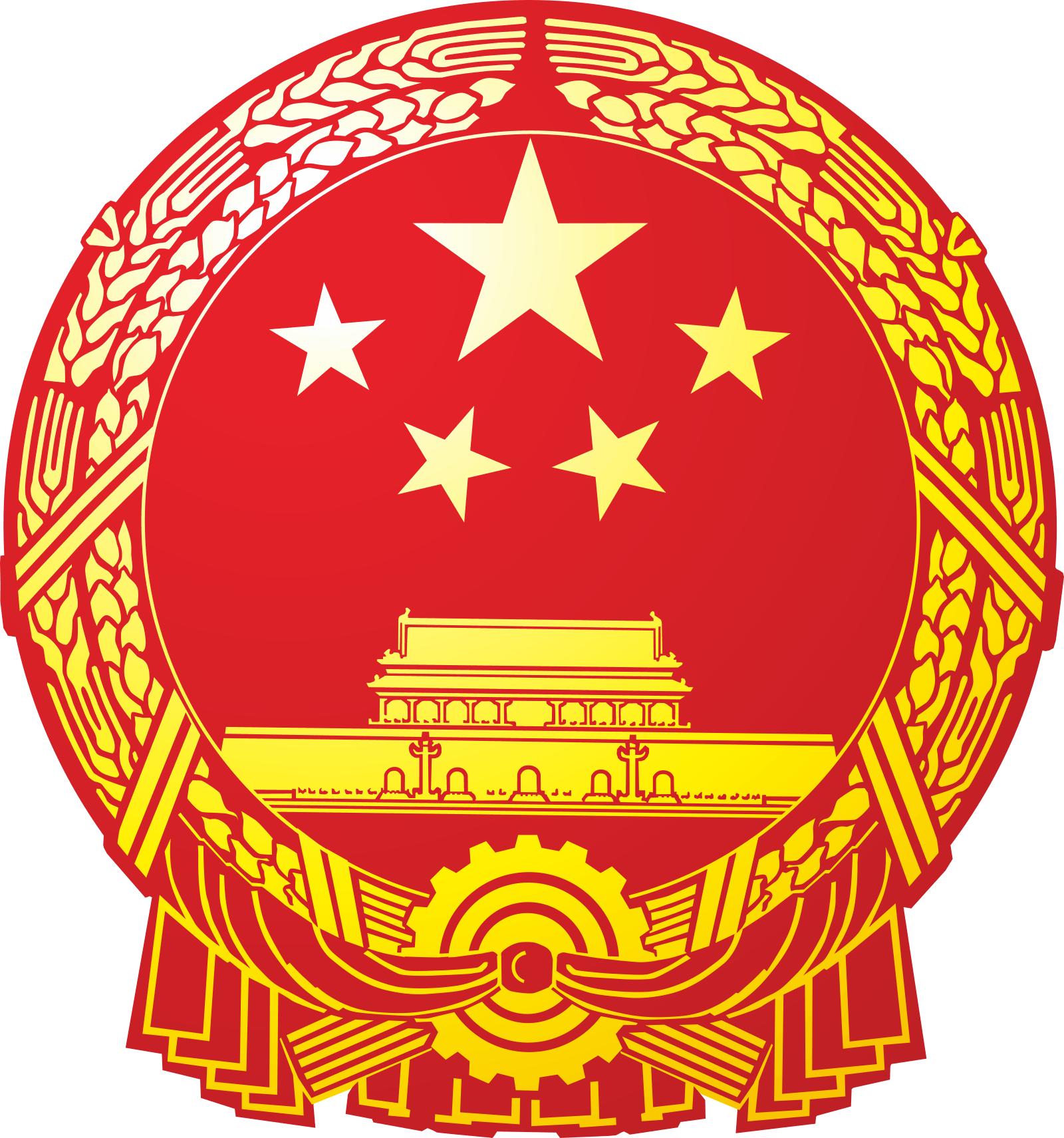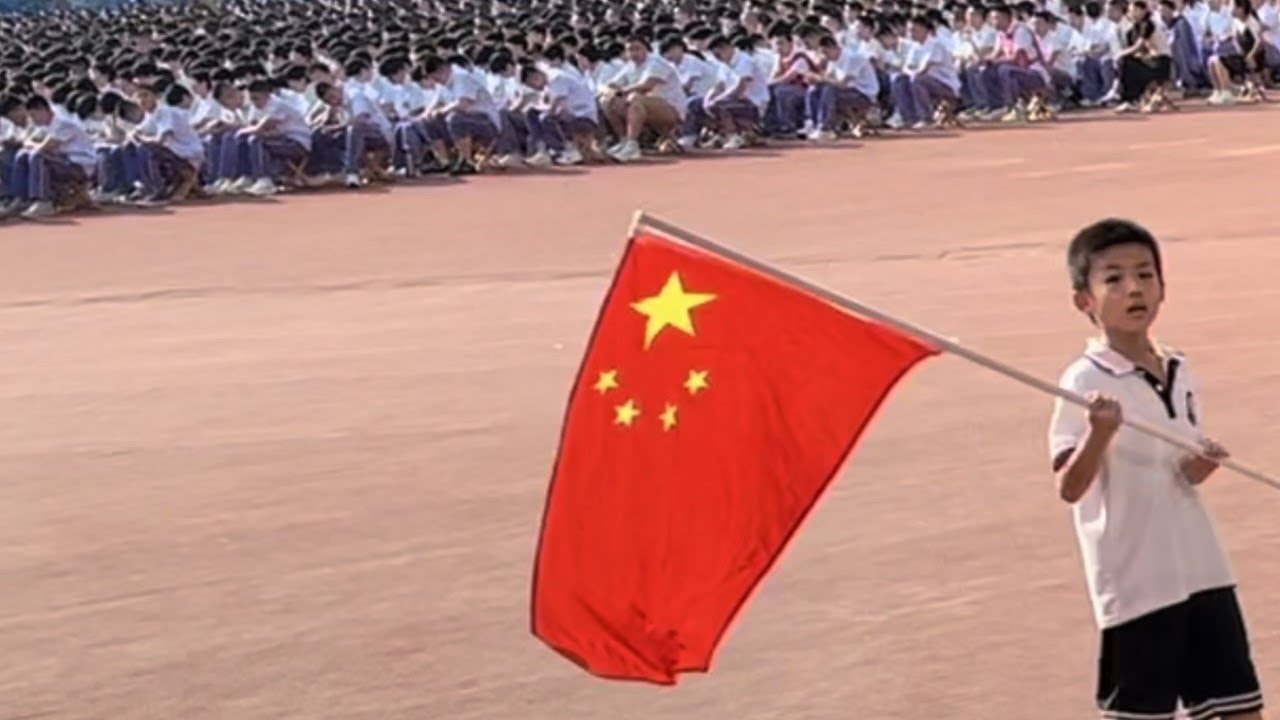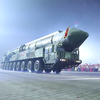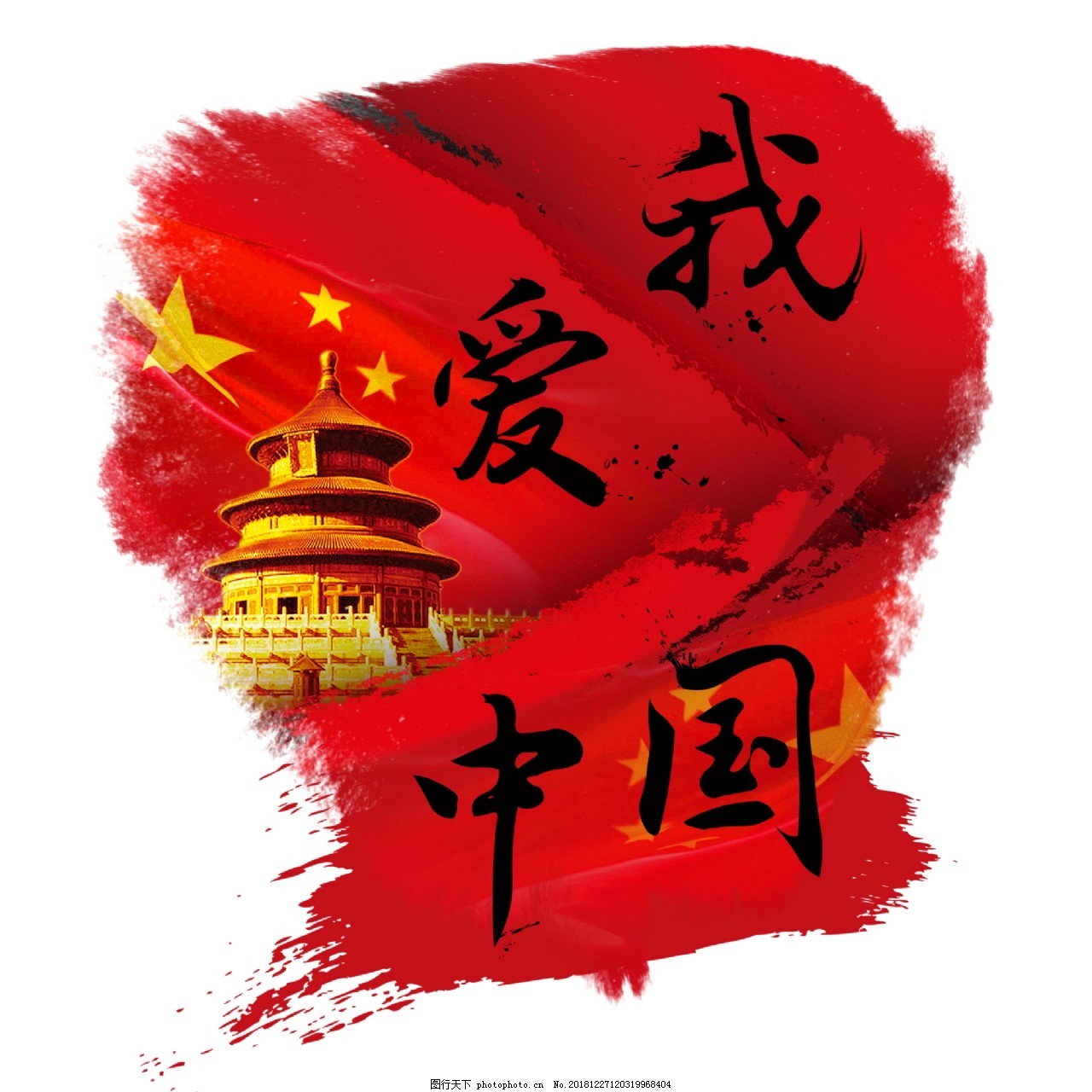- 39 Posts
- 63 Comments
Yeah, thinking about some of these concepts take me to places I’ve only accessed through psychedelics/meditation.
How prevalent is this? My impression was that this was tested on a limited scale then ended because it was unpopular. I might’ve confused it for something else though.
I thought this was a parody account at first

 191·2 years ago
191·2 years agoDid you even read the article you linked? The only concrete claim this article makes as to government monitoring citizens’ internet activity is that services are required to log user data (messages sent, browsing history) for around 6 months. This is literally standard practice around the world.
The sentiment seems to vary quite a bit based on which platform you’re on. While scrolling Douyin (tik tok) I saw lots of pro-LGBT content and openly homosexual couples, lots of pride flags and so on (this compilation includes some of that). I also looked up the Baidu Baike articles on 跨性别 and 同性恋, and I thought they were really good. When it comes to state media, they also made some documentaries showing the LGBT community in a positive light. I also found this SCMP article quite insightful. Of course, we also shouldn’t forget that China has the world’s biggest gay dating app: Blued.

 182·2 years ago
182·2 years agoOf course you can use it, don’t be silly! The government doesn’t actively monitor your apps or internet activity.

 29·2 years ago
29·2 years agoHighlighting this quote from the research paper:
The research for this report was funded by the “China Network’s International Programme (Open Societies) Fund 2022/23 (£68k). The report and all contents reflect the independent work and conclusions of the authors and do not reflect the views or opinions of the funders, the British Embassy Beijing, or the U.K. government. The authors wish to extend their gratitude to the individuals and organisations who supported this research by providing concrete feedback for revisions on the report, offering suggestions and advice at the planning stages, and offering ongoing collaborative and moral support while conducting this research: Elise Anderson, Campaign for Uyghurs, Freedom House, Tim Grose, Ondřej Klimeš, Julie Millsap, David O’Brien, the Rights Practice, Radio Free Asia, Isabella Rodriguez, David Stroup, Hannah Theaker, Emily Upson, the Uyghur Human Rights Project, the Uyghur Transitional Justice Database, the World Uyghur Congress, the Xinjiang Documentation Project, the Xinjiang Victims’ Database, and Adrian Zenz.
China Network’s International Programme (Open Societies) Fund is funded by the UK government and offers research grants for the following:
All projects should aim to support improvements to and/or increase understanding and awareness of contemporary human rights in China. Issues on which we welcome bids include but are not limited to: Freedom of expression, including media freedom and countering disinformation Religious and cultural rights, including for minority groups. Technology and human rights, Criminal justice reform, Civil Society resilience.
And of course, the research is supported by Radio Free Asia, Adrian Zenz, and a bunch of the classic NED funded Uyghur activist groups.
Btw, if you’re curious about what the comments going across the screen are saying, you can hover over them, click the copy button in the middle, and paste it into DeepL or google translate or something. Otherwise, you can turn them off by clicking on the tiny TV with a checkmark at the bottom-middle of the screen.
selfish redrawing of territorial lines
Who was it that drew the 11-dash line? (spoiler: not the PRC)

 19·2 years ago
19·2 years agoExactly! but the funny thing is, I’ve only seen these disclaimers on non-political videos.

 1·2 years ago
1·2 years agodeleted by creator

 5·2 years ago
5·2 years agoIf we’re talking about cultural exports, then I would highlight the three body trilogy, which is a Sci-fi trilogy which actually did become quite popular in the west. China of course also has quite a big gaming industry (genshin).
How does the US losing two aircraft carriers and running out of missiles way before China equate to China being worse off than the US?
Will you address the claim made in the article which you clearly only read the headline of:
In describing the outcome of the Congressional wargames, Rep. Mike Gallagher said that the U.S. used up almost all of its precision-guided missiles in a week. I assure you, China would not run out of missiles in a week.
You seem to just assume that the US can somehow magically appear missiles into existance, but I mean think about it, is it the US or China that deindustrialized? Also, why does the US wargame conclude that at least two US aircraft carriers would be downed in the first two weeks?
14 upvotes in 10 minutes? something fishy going on 🤔

 9·2 years ago
9·2 years agoThank you for your service 🙏

 271·2 years ago
271·2 years agoI mean, China has lots of ‘cool’ things, but it is actively suppressed by the media landscape in the west. It should also be noted that China lacks soft power only in western countries. According to the Bennett Institute, China is more popular in the global south than the US.












Omg that’s so me